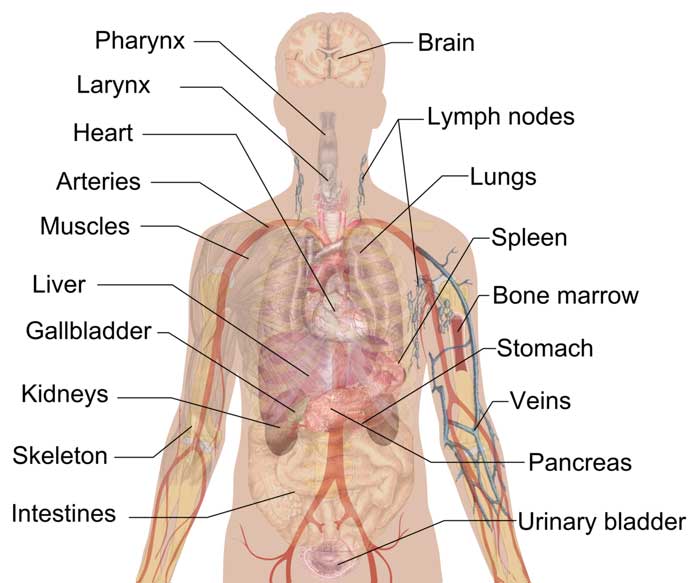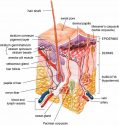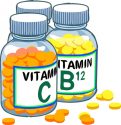 Organs are part of humans, animals, and plants that perform a specific function or task in the body. They are formed from tissues which are similar to each other in functioning. Organs mostly Work in systems of the body to perform a larger task.
Organs are part of humans, animals, and plants that perform a specific function or task in the body. They are formed from tissues which are similar to each other in functioning. Organs mostly Work in systems of the body to perform a larger task.
Major Organs
The human body and the bodies of animals and plants rely on a large number of organs that perform specific tasks in systems for the survival of an organism. The human body also contains a large number of organs, some of the main organs are:
Brain – Brain is the most important organ that controls the whole body, and allow us to think, decide, and act. It is protected in a very protective housing in the skull. The human brain is very different in many aspects as compared to all the animals on Earth because it is our brain which makes us very intelligent living things.
Read more information and facts about the brain
Lungs – Our bodies need a constant supply of oxygen to make the energy necessary for performing tasks and stay alive. Lungs are organs which suck the air through the nose or mouth and extracts oxygen from the air. The extracted oxygen goes to the blood and carbon dioxide is exhaled.
Heart – Heart is a very important organ in our body on which whole of our body depends. The heart pumps the Blood throughout our body and keeps us alive.
Stomach – Stomach processes the food that is swallowed down and breaks it down into smaller pieces and easy to use form. Stomach keeps the food for a few hours and mixes it with several Enzymes and acids for the breakdown of food.
Liver – Liver performs a wide variety of tasks and is one of the most vital organs in our body. The liver releases a certain juice towards small intestine to breakdown the food further. It also removes the toxins from our body. The liver is considered the 2nd most complex organ in the human body after the brain.
Kidneys – Kidneys are the filters of our body and are one of the major organs in the human body. Our body produces waste materials and toxins regularly which are transported to kidneys for filtration. The kidneys filter our blood to remove waste materials and toxins to make the blood pure again. If the kidneys somehow fail to filter the blood, the blood of our body will quickly become toxic.
Intestines – The processed food from the stomach enter into intestines for further processing. There are two main intestines in our body; small intestine and large intestine. The processed food from stomach first goes to the small intestine where it is further processed. After processing, small intestine absorbs the useful materials from the food and then sends the waste material to the large intestine. The large intestine absorbs the water from waste material. It is also responsible for removing the waste material through the anus.
Skin – Meet the largest organ in the human body which completely cover the body and protects it from the outside world. Skin gives us a unique look and protects us against harmful materials and microbes by resisting them from entering our body. Other than this, skin also has touch sensors which allows us to feel the world physically.
System of Organs
All the organs discussed above works in the systems of the body to keep us alive and healthy. Each organ in a system performs a specific function. There are many systems in our body that works constantly. Some of the main systems are:
- Nervous System
- Respiratory System
- Digestive System
- Respiratory System
- Immune System
- Circulatory System
- Muscular System
- Skeletal System
Facts
- The most complex and less understood organ in the human body is the brain. It is so complex that, our own galaxy which contains billions of stars will look simpler if you compare it with the brain.
- The liver performs a very large number of different tasks – more than 500.
- Our jaw muscles are considered to be the most powerful muscles in the body. These muscles help us chew food.





